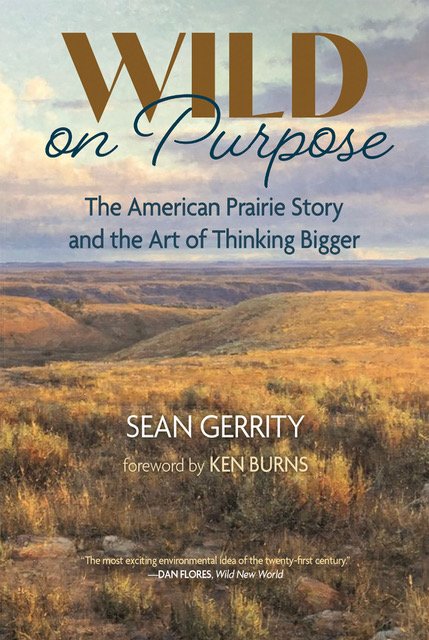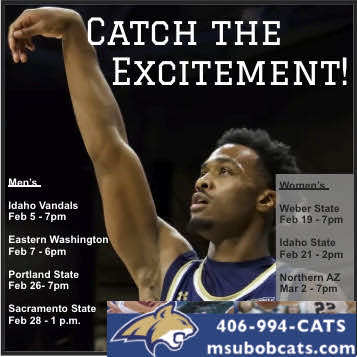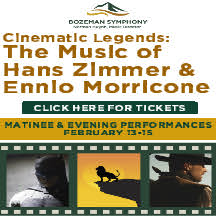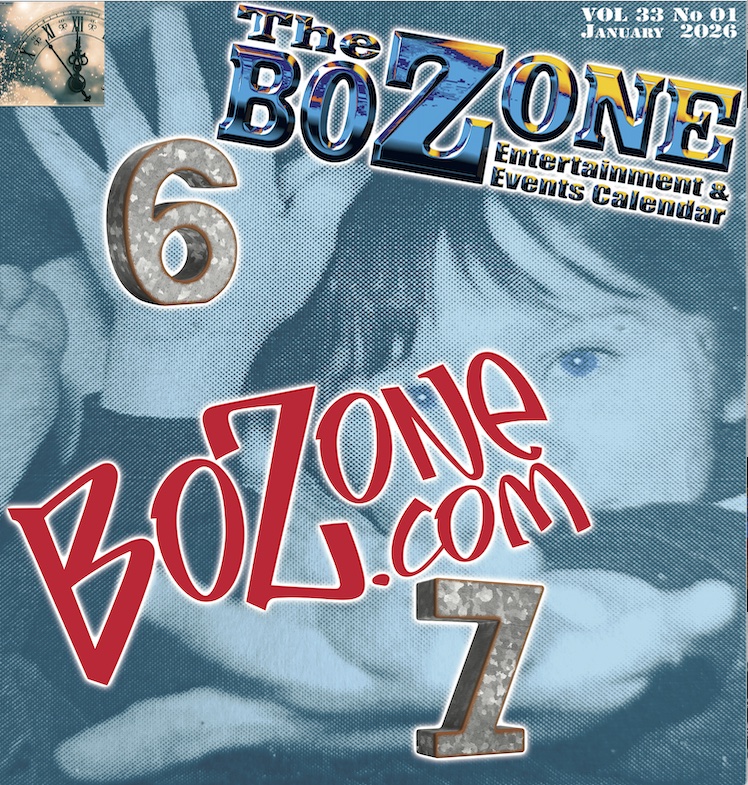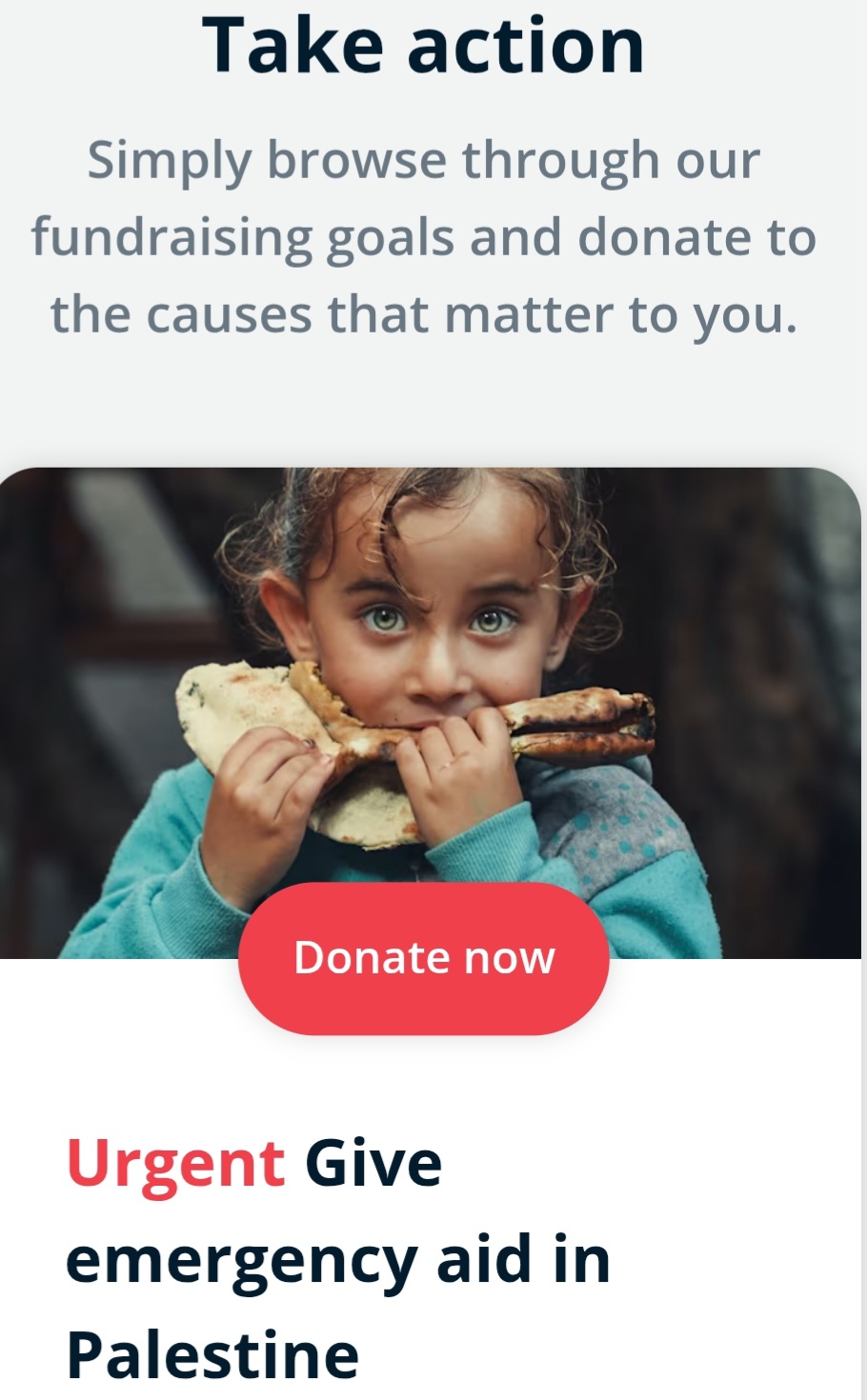Virtuosic local musician marks live album release w/ Story Mansion celebration
Early last year, Bozeman singer/songwriter and producer Chris Cunningham gathered a few of the area’s most talented players to record an episode of MontanaPBS’ 11th & Grant, a popular showcase of regional musicians hosted by local institution Eric Funk. The setlist consisted of folkgrass renditions of original songs borrowed from Cunningham’s career as an independent artist and member of folk duo Storyhill.
“Chris Cunningham is a truth teller, every song artfully crafted to capture the feeling tone conjured by his lyrics,” Funk said. “You can’t second guess Chris musically, his subtle use of jazz-inspired harmonies braided with more traditional chord structures but in non-traditional progressions is his hallmark. But, most importantly, Chris’ music is honest, unpretentious, sincere, and direct… just like he is as a person.”
Cunningham’s installment of 11th & Grant now finds new life as a Montana-inspired live compilation, available via Bandcamp. Ahead of next month’s celebratory performance, the Rolling Zone sat down with Chris to talk the new release, balancing his passions, and “making it” in Bozeman.
RZ: You’re bringing a performance to the Story Mansion on November 3rd in celebration of your new live album recorded during 11th & Grant. Tell us a little about the thought behind bundling these versions of your songs to create this collection.
CC: Eric’s invitation to do the episode was just to me, but I said ‘yes’ on the condition I could bring in a group. One of the guys I asked first was Tom Murphy, who I’ve played with a lot. He was a good choice for that sort of bluegrass/folkgrass string-band lineup I wanted. It was really easy to come up with folkgrass versions of stuff I had previously released [or] released with Storyhill, and I also had this pile of unreleased stuff to choose from. My thought was to find tunes that seemed like they’d be a good fit for the band, songs that had enough of a variety, and went from there. I wanted these versions to fit the mood, to be upbeat and lighthearted. There wasn’t the same kind of studio production, sonic soundscaping going on. I just ignored all that and let them play their instruments and show off their stuff, to do whatever they wanted. And I couldn’t really lose. First of all, they’re great players, but I thought it’d be interesting [to see] how that studio-produced stuff with cellos and drums would translate into these folkgrassy versions.
RZ: Along with Tom Murphy, also showcased during this performance were local bluegrass players Mike Parsons and Russell Smith. Obviously their talents were instrumental to the success of this recording, but how would you say their inclusion, then or during any performance, elevates your own artistry?
CC: Tom adds so much. He just really tunes into the player. He’s really versatile, one of those type of players that can be in a rock band or a bluegrass band or go play with the singer/songwriter folk artists. And Mike, he has so many decades of experience that he knows when to play and how little to play. Russell has that same sensibility, too. In my case, I look for people that can add to what I can do but not step on toes. What matters the most is the singing, then everything else is supportive and accenting. It has its time and its place for stepping forward, but the singer/songwriter’s worst nightmare is when people start jamming over the top of you. Didn’t happen with these guys. I really, really appreciate how tasteful their playing is. These guys, local players, add to whatever you do – and it’s so much more fun because you get the interaction and all that extra energy.
RZ: Of the previously unreleased songs are “Pillar of Smoke” and “In the End.” Are either of these a song you’re particularly excited to officially get out there?
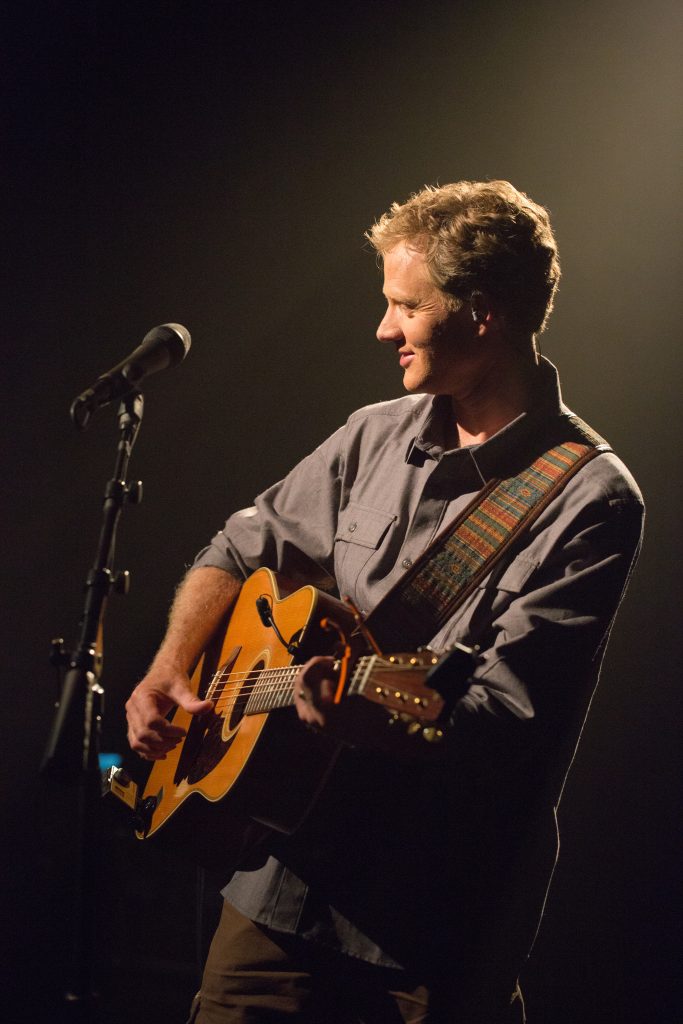
photo by Scott Sterling
CC: “In the End” is about Alzheimer’s, [when] my grandparents went through this ‘you’re losing your mind, losing your memory, but I love you anyways and I’m going to love you ‘til the end and nothing’s going to change that.’ It’s the ultimate love song, really. Say you’re living with someone who’s going through this – initially you may see it as a negative thing, losing your partner, losing your connection with them. But what became clear in my grandparents’ case was that my grandmother was accepting of that as best she could. What ramped up was her demonstration of devotion. I know something like that has a meaning for other people, beyond my own experience. I feel like that song’s been the most understood and appreciated so far. And then “Pillar of Smoke” is just fun to play [laughs].
RZ: You’ve said the album captures the spirit of the Southwest Montana’s Rocky Mountains. As a songwriter and musician here, how much of a role does “locale” play in your artistic identity?
CC: The first thing that comes to mind is the [amount] of acoustic players around here, a lot of folks that play traditional bluegrass instruments are available. When I think of this region and the sort of Rocky Mountain sound, it inherently includes banjos, mandolins, acoustic guitars and upright bass – basically things that aren’t plugged in. I wasn’t trying to invent anything new. And this way I could trust in the players and not have to beg for too much of their time. It’s a real natural sound, and at this stage of the game, I’m just fortunate enough to have them show up when they can [laughs].
RZ: You’ve also got a new Storyhill album and tour with Johnny Hermanson on the horizon. That duo is nearing its unofficial 30th anniversary, I believe.
CC: It’s pretty good stuff. The fact it’s been 30 years is mind-blowing. I was just at Peak Recording where Johnny and I did our first tape in 1989. Notice I said tape, a cassette tape. [laughs] But yeah, it’s fun. We’ve been on a break for a few years, a much needed one, to settle down and reprioritize our own lives. I’m also a thousand miles from where Johnny lives in Minnesota, so touring is actually really expensive. We’ve had our sort of seasons, or as we’re calling this album, Stages. Years of heavy touring, releasing albums. We got up to like 15 or 16, and most of them were independent. [This album] is a collection of live captures from those different stages. We’ve noticed, in our case, it’s the live show that matters the most to people. That’s what they connect to, and if you dress it up too much, you run the risk of losing that connection. I shouldn’t say hands-down, because there’s a lot of great studio records we’ve done, but I’d say the main thread is two guitars, two voices, the harmonies, and the sort of synchronicity we achieve on stage. The album is not as much for us as it is for the audience, those who have been with us for so long.
RZ: You’re the man behind Basecamp Recording, a studio just on the edge of town. I have to ask – do you have a preference between creating your own music or fostering the talents of others’?
CC: They’re different hats to wear. I’ve been running the studio for 15 years, pretty full-on, mixed in with some touring. I feel pretty comfortable in the studio, but not necessarily as a producer, per se. When I think of traditional producers, they’re masterminds of the output, but I see myself more as a collaborator. I try to help people put together some arrangements and instrumentation that supports what they do but doesn’t, like I said earlier, distract or take away. I don’t put a heavy ‘producer’ stamp on my stuff, unless they ask, but most people are looking for something pretty straightforward. It’s an interesting process and I really do enjoy it, but I’m starting to shift into having more time for creating my own stuff again. It kind of goes in its own rhythm. Where my heart is these days is committing myself and my time to writing new stuff, whether it’s for Storyhill or on my own. When you have new songs, you feel like you have some treasure to give – and it makes you more excited to show up. I’ve been writing more lately, so we’ll see where it leads. But as far as being open for business? Always.
RZ: If one of these musicians were to read this and maybe consider utilizing your production talents, what would you tell them you’re looking for? What base ingredients are necessary?
CC: What I do best is when people have songs they’re really excited about, songs that are either finished or don’t need a whole lot. You look at a song and it’s almost there but needs fine-tuning the chorus or adding the bridge or something. Or we’ll look at it and say it needs to be faster and we speed it up. They’ve [come with] a little bit of pre-production. Instead of like, ‘I’ve got this vision and some music, but I don’t have any lyrics.’ I can’t deal with that [laughs]. What they’re ready to do is work with me to develop a list of instrumentation and arrangement, and I’ll matchmake players with them. So, I’m usually looking for people who are pretty ready to roll.
RZ: From the perspective of a local producer who’s also a working musician in the digital age, and because the 11th & Grant album was a crowd-funded effort, do you think it’s become easier to attempt a career as an independent musician from more rural areas or a place like this?
CC: That’s a little variable depending on the person’s definition, but in general, no. It’s probably harder if you’re in a place like this. It’s paradoxical because some people achieve success and then they can live anywhere. They can be creative in a cabin in the mountains of Colorado, then go out and tour, sell records and be just fine, financially. But to get there, I don’t know how you would do that from here other than by putting yourself out there and maybe [by] knocking on some virtual doors. Most consumers now get their music from streaming on Spotify and stuff like that, so it seems like you have less control on how you get discovered. And discovery is relative. You never know who you’re going to make happy with a song, whose day you’re going to make a difference for. You have to just go ahead and try, get your music on all digital platforms, and hope a curator of some big playlist is going to hear it.
RZ: There’s a leap of faith.
CC: That’s how one of my clients, Ira Wolf, was discovered. We’d just done her first EP, Honest, and she sounded so great. I told her she was going to get something out of this. Within three months, she was on a Spotify playlist alongside Ray LaMontagne and Damien Rice, a playlist tailored for the whole Eastern Seaboard morning commute. She was racking up millions of plays. So, it worked out well for her. When I asked her how, she had no idea. Her manager just sent the music to different places. It probably didn’t hurt that she had management and lives in Nashville. Then there was the talent, and it was the right sound at the right time. The formula for success – if you want to keep it real, make yourself happy with what you do. I enjoy playing for just about anybody, any size. I guess I’m fortunate that way.
RZ: You’ve got these 11th & Grant and Storyhill live releases coming out and you’re shifting into performance mode. What does the next year or so look like for Chris Cunningham?
CC: My hope is more of the same. I’d love to keep the studio running and have some new, fun projects. I’m working with Jake Fleming on a rock album for a band from Wyoming, and also an acoustic duo from Helena called Hemispheres. I hope to be putting out new songs. Do something new with Storyhill, but I’m not sure what. Maybe do a little more touring, especially with this album. It could just be me and Tom to keep it simple. If we get opportunities to do festivals, I’d be up for that too.
RZ: Sounds like you’ll be keeping busy. Any final thoughts?
CC: It’s cool Bozeman Folklore is sponsoring our show. Along with Eric’s invitation [onto 11th & Grant] and the general interest level, it shows that the music matters to more than just me. That’s kind of what keeps me going.
Chris Cunningham heads to the Story Mansion with accompaniment by MandoTom Murphy on Saturday, November 3rd as part of the “Pickin’ in the Park” concert series. The folk Americana pairing of Jim Averitt and Chelsea Hunt will open the show at 7:30pm. Advance tickets are $12 at Cactus Records and www.cactusrecords.net. Remaining tickets will be available at the door for $15. Current BFS members may enjoy a three-dollar discount at the door as well. Seating is limited. Doors at 7pm.
Cunningham’s episode of 11th & Grant with Erik Funk is available to stream anytime at www.11thandgrant.com or on the 11th & Grant app. Purchase the live album now at www.bandcamp.com. Physical copies will also be available the night of the show.
11th & Grant is the premier outlet for music performance in Montana, seeking out the state’s most acclaimed, accomplished, and pioneering talent. The Emmy-winning performance series also devotes significant time to each artist’s personal story, insights into their music and their approach to life, ultimately providing a deeper experience than a seat at a concert. Accomplished composer and musician Erik Funk serves as host and artistic director, hand selecting each performer from communities around the state to form a diverse series featuring genres from jazz to classical, country to zydeco, and rock to fusion.
Bozeman Folklore Society is an all-volunteer nonprofit organization dedicated to promoting, preserving, enjoying, and sharing the music, dance, arts, crafts, and skills of traditional cultures. There’s always a need for volunteers! For further event details or to pledge your support, call Rik James at (406) 586-4123. Please visit www.bozemanfolklore.org for all upcoming Bozeman Folklore concert and dance information. •

